Dubai, a city renowned for its architectural wonders and booming real estate market, offers a range of property ownership types to cater to both local and international investors. The emirate’s real estate laws have evolved significantly, making it an attractive destination for global investors looking to tap into its lucrative property market. In this article, we delve into the various ownership types in Dubai, highlighting their features, benefits, and limitations to provide a comprehensive overview for potential investors.
1. Freehold Ownership
Introduced in 2002, freehold ownership marked a pivotal change in Dubai’s real estate sector, allowing foreigners to own property in designated areas for the first time. This type of ownership grants the buyer full ownership of the property and the land it stands on. Owners have the right to sell, lease, or rent their property at their discretion. Freehold properties are available in several areas designated by the Dubai government, including popular neighborhoods like Palm Jumeirah, Dubai Marina, and Jumeirah Village Circle.
Benefits of Freehold Ownership:
- Full ownership rights, including the land.
- No time restrictions on ownership.
- Eligibility for renewable residence visas for non-UAE nationals, subject to certain conditions.
2. Leasehold Ownership
Leasehold ownership allows investors to lease or rent a property for a period typically ranging between 10 and 99 years. Unlike freehold ownership, leasehold does not confer ownership of the land. At the end of the lease term, ownership reverts to the freeholder unless an extension is negotiated. Leasehold properties are often found in areas not designated for freehold ownership.
Benefits of Leasehold Ownership:
- Access to properties in prime locations that may not be available for freehold purchase.
- Often more affordable than freehold properties.
- Suitable for long-term residency without the commitment of land ownership.
3. Usufruct Ownership
Usufruct ownership is a form of property right that allows the holder to use and benefit from a property without owning the land. This type of ownership can last up to 99 years and is similar to leasehold ownership but can include more rights, such as making changes to the property with the landowner’s consent. Usufruct is particularly common in mixed-use or commercial developments.
Benefits of Usufruct Ownership:
- Right to use and modify the property within agreed terms.
- Potential for a long-term investment without owning the land.
- Transferable and can be inherited, subject to the terms of the contract.
4. Commonhold Ownership
Commonhold ownership is akin to the concept of condominiums or strata title found in other countries. It is most commonly used for apartments and townhouses, where the owner has freehold title to their unit within a larger building or development. Owners also share responsibility for common areas and facilities, such as lobbies, gyms, and swimming pools, through service charges.
Benefits of Commonhold Ownership:
- Full ownership of the apartment or townhouse unit.
- Shared responsibility for maintenance of common areas, potentially leading to higher standards of upkeep.
- Flexibility to sell, lease, or rent the unit.
Conclusion
Dubai’s property market offers a variety of ownership types to suit different investment needs and preferences. Whether you’re seeking the full ownership rights of freehold, the long-term lease benefits of leasehold and usufruct, or the communal aspects of commonhold, understanding these options is crucial for making informed investment decisions. With its strategic location, innovative developments, and investor-friendly laws, Dubai continues to be a vibrant and attractive real estate market for both local and international investors.







